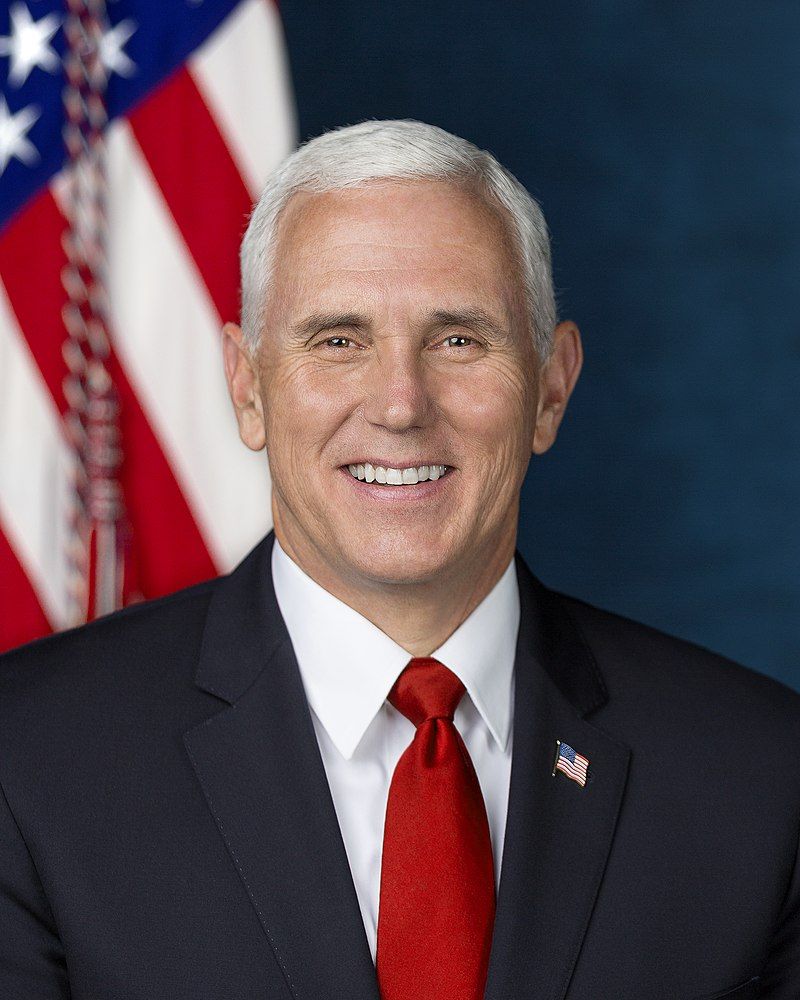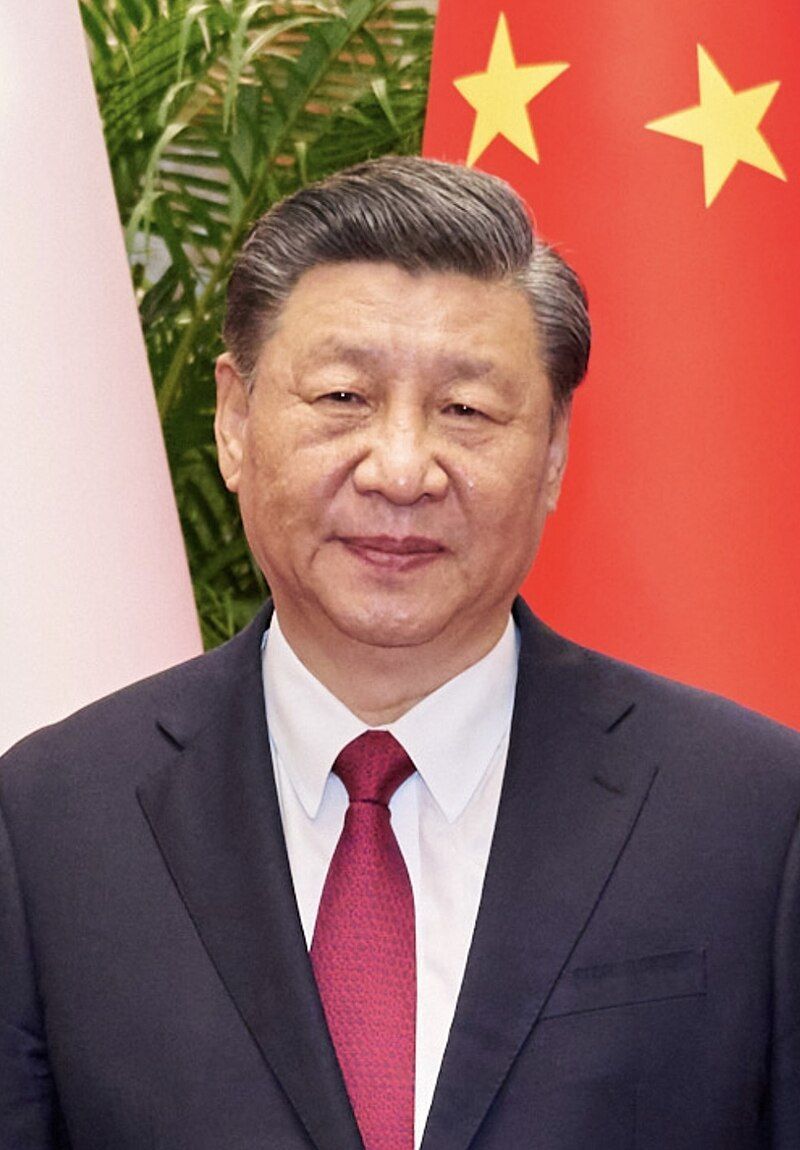In a conversation last year between China’s President Xi and President Biden, the Chinese leader commented that democratic systems of government are crumbling while autocracies are on the rise.
Communist countries always stress the need for long-term economic planning which they claim is essential for coherent and workable policymaking.
It is an age-old argument used by kings and sultans throughout the centuries. From their perspective, allowing parliaments or courts to provide a check on the leader only results in prevarication and confusion.
Robert Pape.
Disregard for the rule of law and for the importance of human rights characterizes all autocratic regimes. Think of the Uyghur people, a Muslim sect who comprise a majority of the 19 million inhabitants of the Chinese province of Turkestan.
About one million Uyghurs have been imprisoned and tortured, including forced sterilization, because they refuse to give up their religious beliefs and customs.
Also, despite the Chinese president’s assertion, history seems to have moved in the opposite direction. Only fifteen countries lived by some version of democratic government after the Second World War ended and by the late 1940s, but, according to the United Nations, that figure has increased tenfold today.
The two autocratic superpowers, China and Russia, have tightened their mutual embrace after the recent G-7 meeting in Japan where the member countries strengthened their commitment to democratic principles. The member countries repeated their abhorrence of the invasion of Ukraine, stressing that the vast majority of the people in Ukraine reject the attempted Russian invasion of their country.
If one turns a blind eye to the ignominy of slavery, that lasted for ninety years after the American Revolution, then the fragile balancing act envisioned by Washington and Jefferson, has worked reasonably well. The promise of “a more perfect union” still drives the project forward.
In the American democratic tradition, the people choose the president, and the constitution stipulates the division of powers between Congress, the courts, and the White House.
If one turns a blind eye to the ignominy of slavery, that lasted for ninety years after the American Revolution, then the fragile balancing act envisioned by Washington and Jefferson, has worked reasonably well. The promise of “a more perfect union” still drives the project forward.
Today, American democracy faces its greatest challenge since the abolition of slavery. Donald Trump, aided and abetted by one of the two main political parties, refuses to accept election results which provide the lifeblood of any democracy.
Even before election day in November 2020, Mr. Trump, anticipating defeat, claimed in advance that the election was rigged. His ominous suspicion of the result turned out to be correct because Mr. Biden won rather easily.
Trump yelled that he was cheated of “a magnificent landslide victory” by corrupt people from at home and abroad leading to the “Big Lie” naming him as the loser.
Mike Pence.
He contended that there was a massive dumping of votes orchestrated by corrupt Dominion workers using new-fangled technology that twisted the results against him. Then he excoriated Mike Pence for doing his ceremonial job of counting the Electoral College votes and declaring Mr. Biden the winner.
His number one lawyer, Rudolf Giuliani, went before dozens of judges claiming electoral chicanery of various kinds, but without supporting evidence he barely got a hearing. In a last throw of the dice, Trump summoned his supporters to Washington on January 6th to prevent the confirmation of Mr. Biden as the duly elected president.
We have seen many times the videos of the mayhem and carnage in the Capitol that day, the savage attacks on police, and the threat to hang Mike Pence with a similar demeaning punishment for Nancy Pelosi. On the night of the insurrection, Mr. Biden was confirmed as president but with most Republicans in the House voting against the formal motion to recognize the election results.
This vote struck at the heart of American democracy. Members of Congress are not empowered to decide who is victorious in a presidential election. The Constitution clearly gives the people that power. The vice-president plays a formal role in the process and the members of Congress merely confirm the results conveyed by the various states.
In the two years since the showdown at the Capitol the phrase the “Big Lie” has dominated American politics. This unprecedented and false claim about the election requires people to disregard all kinds of evidence to deny victory to Joe Biden. They must give credence to a huge multi-pronged conspiracy to swallow the Trump story.
Robert Pape, a professor of political science at the University of Chicago, has been gathering information on rioters who faced prosecution for their involvement on January 6th. He and his researchers have analyzed 890 insurrectionists from all parts of the country. The rioters were 92% white and 86% male. They were older, mostly in their 40s and 50s, and only 14% had extremist views.
“Race is the primary factor,” Pape says, accounting for “as much as 75% of the energy underneath the insurrectionist movement.”
Mr. Trump is the clear front-runner for the Republican nomination for the 2024 presidential contest. He was convicted recently in a jury trial of sexually abusing E. Jean Carroll in the mid 1990s and later defaming her. In a TV interview a few days after the judgement he denied the accusation while again using harsh language to denigrate her. She has sued him again and has asked that the original court fine of five million dollars be doubled.
The Department of Justice has responded to January 6 by arresting hundreds of the rioters who tried to prevent the legitimate installation of President Biden. Some have been convicted of the very serious charge of seditious conspiracy. The Oath Keepers leader, Cecil Rhodes, was sentenced to a hefty eighteen years for that crime.
Mr. Trump has condemned the trials as politically motivated, and he has promised that he will use his pardon power if he is returned to the White House next year. Governor Ron DeSantis, still his nearest Republican opponent for the nomination, though a long way behind Trump in the polls, has announced that he too will do the same.
Who would have thought that the leaders of the Republican Party, the party of law and order, would publicly favor rioters who attacked policemen guarding the Capitol, the citadel of American democracy?
In the same TV interview where he attacked Ms. Carroll, Mr. Trump was asked the crucial question whether he would accept the election results if, as seems likely, he faces President Biden again in November 2024.
He replied with a telling smile that it would depend on whether he thought the counting of votes was fair.
That answer means that if he loses, the Big Lie game will continue. Can America be considered a functioning democracy while Republican leaders refuse to accept election results unless, of course, they win?
Gerry O'Shea blogs at wemustbetalkingcom








